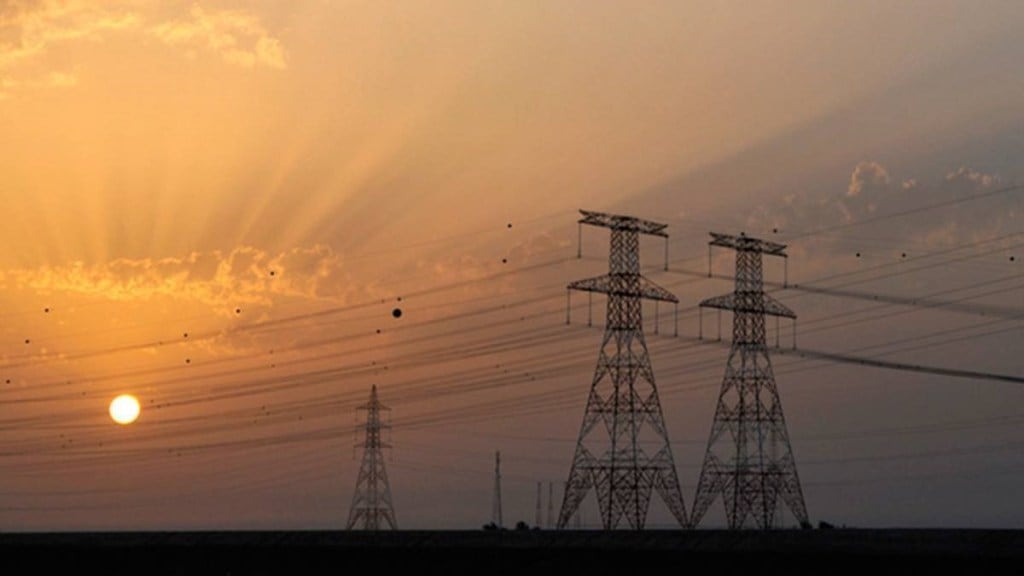By Manish Agarwal
The power sector’s biggest challenges are political, as cheap power wins votes, and fiscal, as states have limited ability to fund power subsidies. The Electricity Act 2003 aimed to address these through regulation and enabling competition. However, State Electricity Regulatory Commissions (SERCs) have not been able to insist that state governments (SGs) pay discoms for the subsidies, and competition cannot be possible in the presence of cross-subsidies and bankrupt discoms. The Electricity Act (Amendment) Bill aims to strengthen regulation and competition. However, legislation may not be the route to getting states to limit freebies.
ERCs cannot make states pay discoms for subsidised tariffs
The 2003 Act aimed to reduce the SGs’ control on discoms by bringing them under an independent regulator, the Electricity Regulatory Commission (ERC); however, the discoms and ERCs continue to be instruments of SGs. In the early days, the Andhra Pradesh ERC enforced the requirement that discoms charge higher tariffs if the SG did not pay the subsidy dues at the beginning of the month. However, over the decades, several ERCs have either not set tariffs to reflect costs, or have resorted to accounting jugglery like the creation of regulatory assets, which is a promise that tariff increases in future will compensate for current costs.
Also read: Six months later…
The Amendment Bill tries to address low tariffs and unpaid subsidies by increasing the role of the Centre in selecting the SERC chairperson and disallowing power purchase by discoms who default on payments. These indirect measures cannot force SGs to limit subsidies. Cutting off power supply to non-paying discoms is politically imprudent, and enforcing this on a continued basis will be a challenge. The assumption that the Centre will make the SGs act while the latter are left to deal with the political fallout of higher tariffs seems optimistic.
Competition cannot be created by force
Another approach is to open up the distribution space to competition, and create alternatives to the incumbent discoms. The amendment envisages open access to the incumbent licensees’ network and multiple distribution licensee networks. Both of these were enabled in the 2003 Act. The former did not succeed due to embedded cross-subsidies and the latter due to the general unviability of setting up parallel networks.
The amendment also provides that existing power purchase agreements (PPAs) of the incumbent discom will be re-allocated to new licensees. The SERC would specify such re-allocation of PPAs in accordance with rules made by the Centre.
This exercise will attract severe criticism, unless there is a democratic forum to address fears of favouring the private sector, leaving the discoms to serve low-value consumers, and whether the private sector adds value when it uses the discoms’ PPAs and wires to serve high-end consumers.
Even when the state electricity boards (SEBs) were unbundled, (and there was no private sector involvement), it was the state legislature that approved the transfer schemes that allocated assets, liabilities, PPAs, etc, to the new entities.
Perhaps the objective is to allocate high-cost PPAs to new licensees who serve high-paying consumers. This does not require actual reallocation; an accounting solution can be easily implemented by the SERCs within the current setup. Even when a contractual solution is at play, it is the power market that should reallocate contracts among willing buyers and sellers. However, the multi-buyer-multi-seller model envisaged in the 2003 Act has not got formed fully because the generators who don’t get paid are not able to find alternative buyers of their power. Forcing the creation of such a market through PPA reallocation is unlikely to work because the fundamental hurdle to competition is continuation of cross-subsidies.
Also read: The missed textiles opportunity
Need to remove cross-subsidies
Industrial and commercial consumers bear higher tariffs to partly fund the subsidies for agriculture and domestic consumers. The 2003 Act allowed a cross-subsidy surcharge to be levied on sale by competing suppliers. This surcharge effectively made it unviable for competing suppliers to enter the business. The 2003 Act had to be amended in 2007 to remove this requirement, to eliminate cross-subsidies.
The Amendment envisages a Cross Subsidy Balancing Fund, as a means of transferring surpluses from licensees who supply to high-paying consumers to those who supply to low-paying consumers. The assumption that cross-subsidies and competition can co-exist is flawed. The suppliers to high-paying consumers will compete to drive the price down to costs, thereby not having any cross-subsidy to contribute to the Fund.
The Amendment also envisages a minimum tariff set by the ERC, presumably to protect the cross-subsidy contribution. Like the cross-subsidy surcharge, this would be an unwelcome intervention in the market, that will either make competition unviable, or invite creative ways to bend the rules. The higher tariffs already encourage power theft.
Again, the issue is fiscal. States partly fund power subsidies by levying a “tax”, which is the cross-subsidy. This impacts the competitiveness of industries and commercial establishments, affecting job creation and economic growth. The balance between the two is a choice that the SGs make, considering their priorities and constraints.
For viability of the power sector and for enabling competition, both subsidies and cross-subsidies need to go. Just like Direct Benefits Transfer is better than low tariffs for agriculture and domestic consumers, direct taxing of industrial and commercial power consumption is better than embedding the tax in the tariffs. This would be a big and right step towards de-politicising the power sector.
This is by no means easy to implement, but neither are the measures envisaged in the amendment. Moreover, this would directly address the problem, while the amendment continues with indirect means that have not succeeded so far. Moving both subsidies and cross-subsidies out of power tariffs will open up the sector to the real possibility of distribution privatisation and competition, enabling focus on discom efficiencies. The freebies debate will have much larger impact on the power sector than the proposed legislation.
The writer is Infrastructure and regulatory expert, and co-founder, AskHowIndia.org


